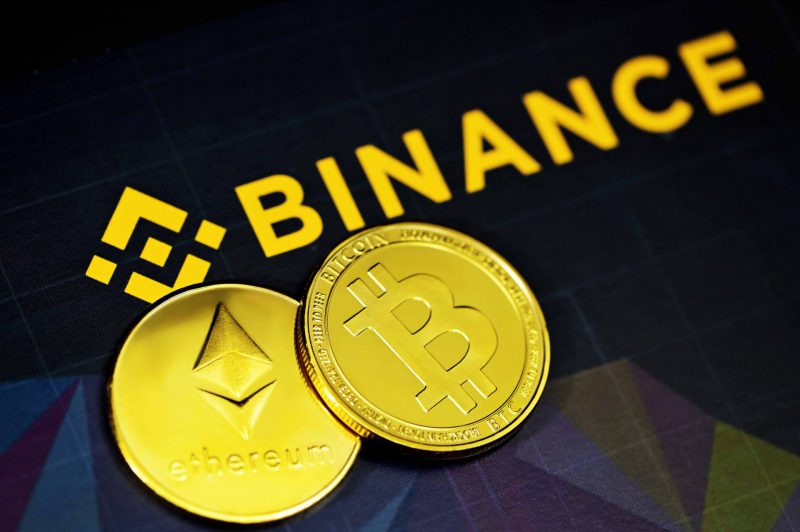Binance, the world’s largest crypto exchange, has been facing significant scrutiny in recent times. The recent legal action initiated by the Securities and Exchange Commission [SEC] against the exchange has been generating substantial attention. In addition to the ongoing legal challenges, Binance has now encountered another regulatory obstacle in the Netherlands.
Earlier today, Binance made an announcement stating that it will be exiting the Dutch market. The exchange was unable to secure a virtual asset service provider [VASP] license, which is necessary to ensure compliance with anti-money laundering regulations in the region. Consequently, this decision will be implemented immediately, and Binance will no longer accept new users from the Netherlands.
Starting from June 17, 2023, Binance will authorize existing users based in the Netherlands to solely initiate withdrawals of their assets. However, the exchange will temporarily halt other functionalities. This includes purchases, trades, and deposits, for users in the region. In order to provide further clarity, the exchange is sending out emails to these users containing comprehensive information about the impact on their accounts and any assets held on the platform. The email will also include instructions on any necessary actions that need to be taken.
Binance further wrote,
“Binance has been in a comprehensive registration application process as a virtual asset service provider (VASP) with the Dutch regulator. Although we explored many alternative avenues to service Dutch residents in compliance with Dutch regulations, unfortunately, this has not resulted in a VASP registration in the Netherlands at this time.“
Binance to focus on getting MiCA compliant
In its blog post, Binance emphasized its commitment to ongoing dialogue with Dutch regulators while simultaneously preparing its operations to align with the new European Union regulations pertaining to crypto assets, known as MiCA. The exchange also reiterated its adherence to existing EU standards regarding anti-money laundering and counter-terrorism financing. The exchange further highlighted its compliance with legal requirements in various regions, including France, Italy, Spain, Poland, Sweden, and Lithuania.





